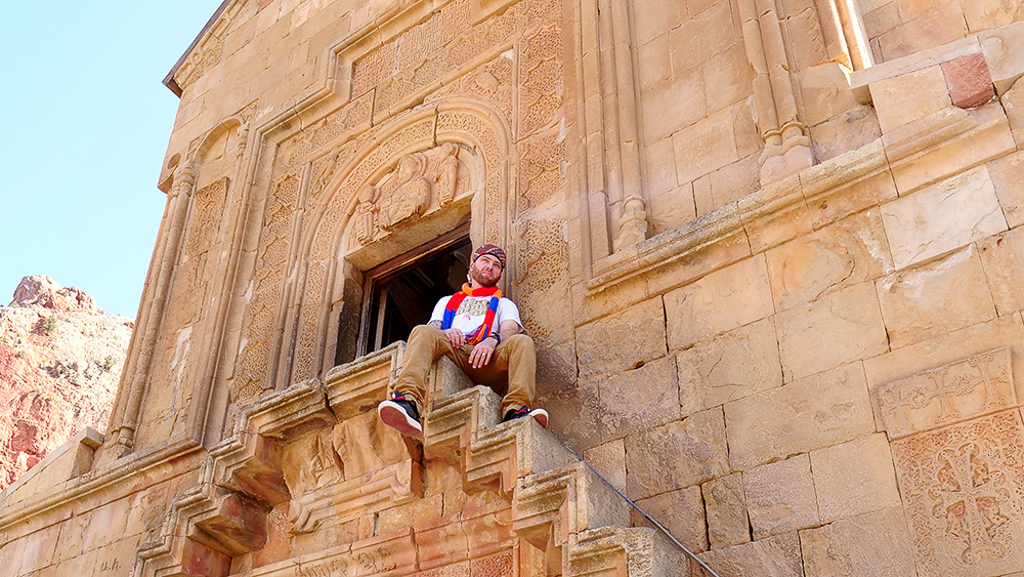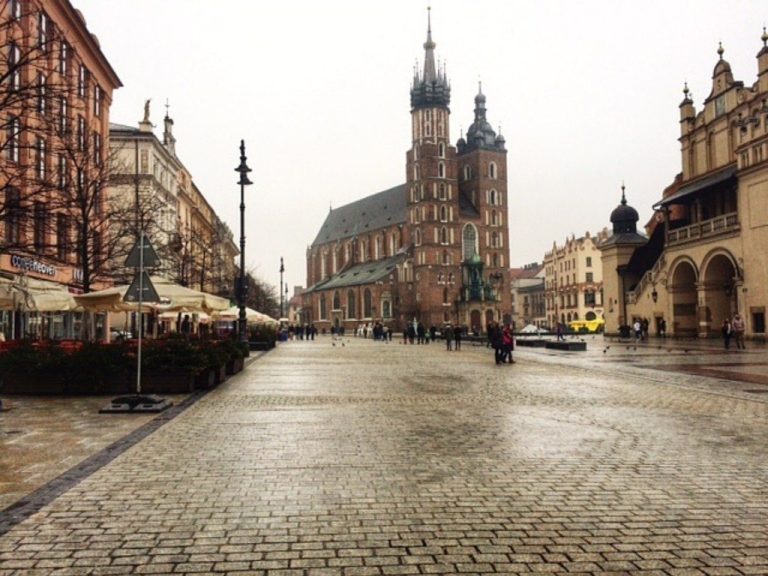Also, if you would like to visit Yerevan, please contact my guide Lusine.
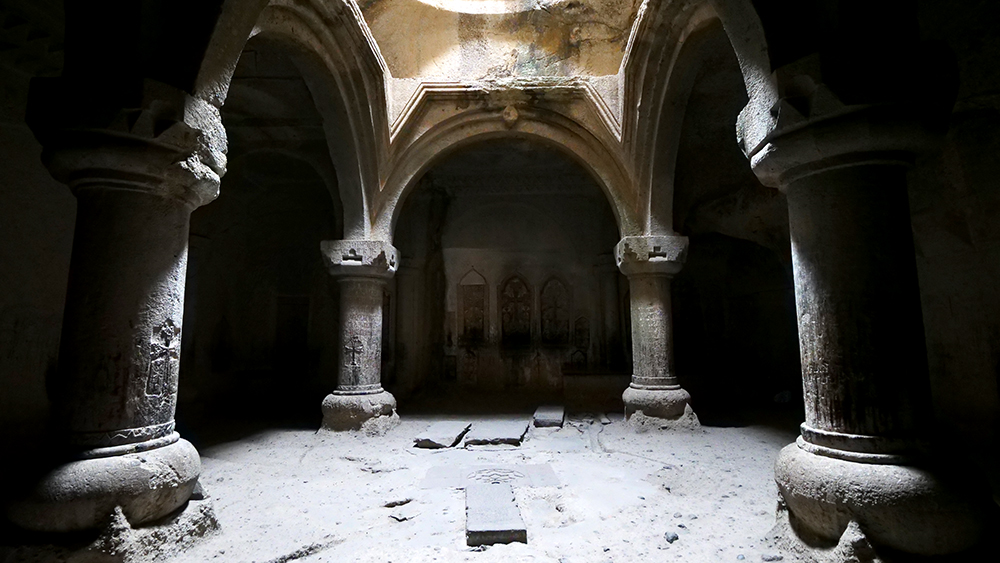
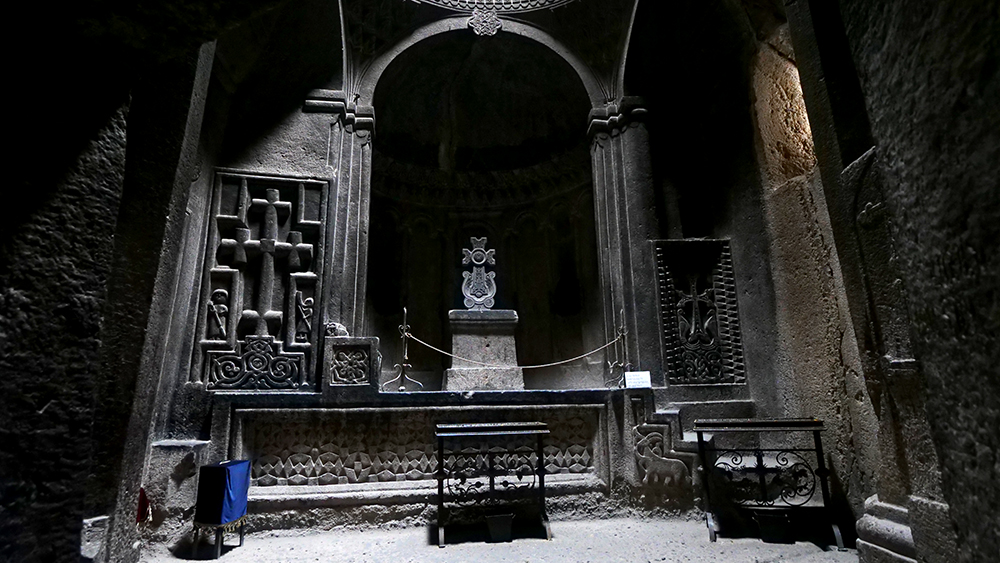
Temple of Garni
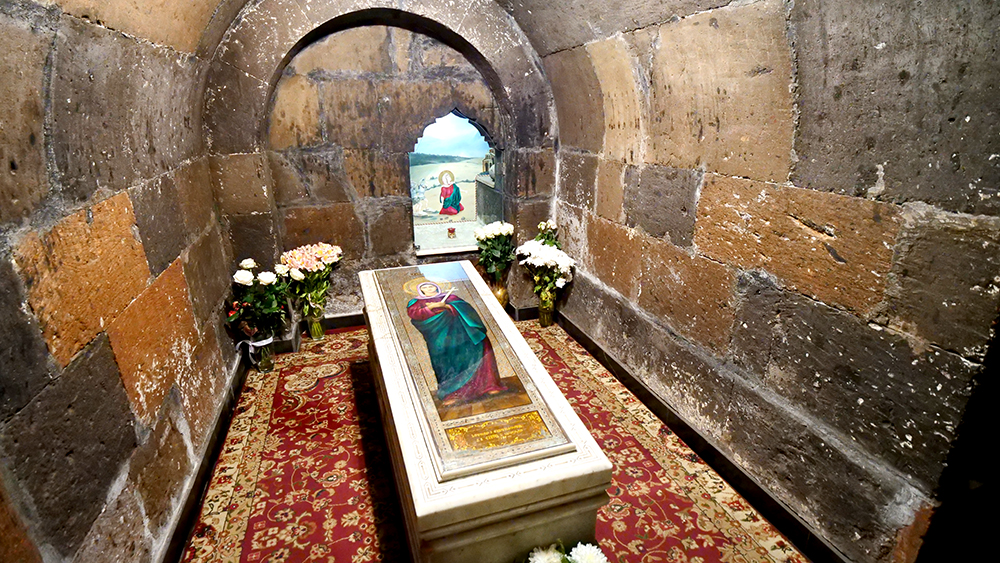
The Armenian Apostolic Saint Hripsime Church was dedicated to a beautiful, 3rd-century nun named Saint Hripsime. She fled Rome with 39 fellow nuns after receiving unwanted attention from Diocletian, the Roman emperor. But after arriving in Etchmiadzin, she attracted unwanted advances from the Arsacid Armenian king, Tiridates III. After she rebuffed him, he tortured her and her fellow nuns and put them to death. This act made them some of the world’s first Christian martyrs.
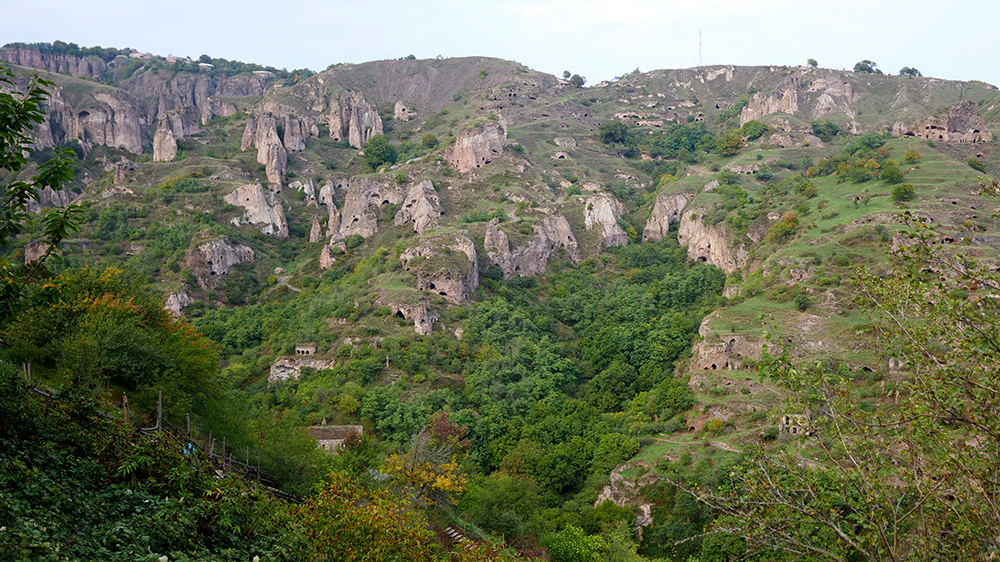
Special thanks to my friends at Armenia Travel for their kindness, hospitality, and for arranging my trip. I couldn’t have done it without them!
Check out my VIDEO: Baking Armenian Lavash + Touring Geghard Monastery & the Temple of Garni | Garni, Armenia
Geghard Monastery
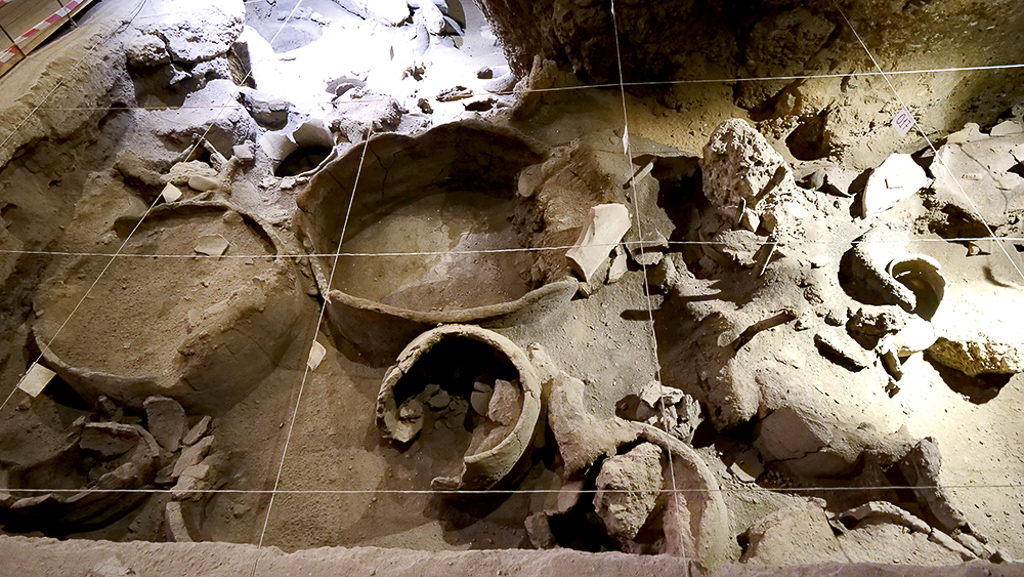
For travelers who crave history, there are few destinations around the world with a past as rich as Armenia. This small, landlocked country in the South Caucasus region that links eastern Europe and western Asia is a gold mine for those who want to explore the past. It’s well-known as the first country in the world to adopt Christianity, which it did so in 301 AD. Because of this, Armenia is home to some of the oldest Christian churches and monasteries on Earth, some of which are among the top historical sites in Armenia.
When you visit the village of Areni in the Vayots Dzor Province, you’ll find several notable historical sites nearby, including the beautiful 13th-century Noravank Monastery. There’s also the annual Areni Wine Festival, which takes place every October. But if you’d like to learn about the history of Armenia’s wine production, you need to visit the nearby Areni-1 cave, which is home to the oldest winery on Earth!
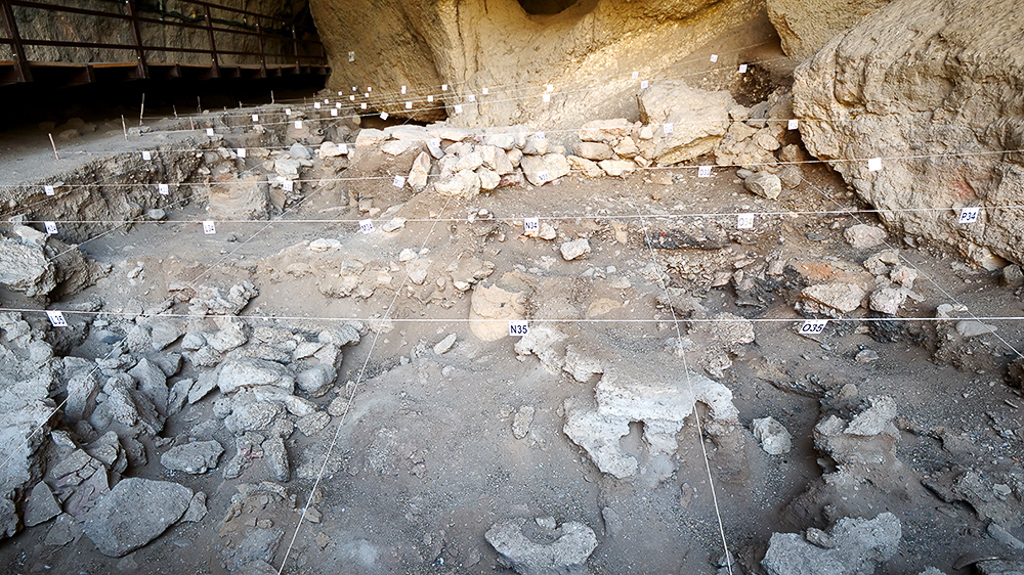
The village, located on the floor and along the walls of a large, wide gorge, was first occupied during the Bronze Age. But it wasn’t a primitive settlement. In fact, the village boasted its own agriculture, production, and economy. Inside the caves were schools, shops, mills, churches, and even multi-room homes. People still lived there as recently as the 1950s and used a system or ropes and ladders to navigate the village.
In the town of Geghard, less than five miles northeast of Garni, you’ll find the 4th-century Geghard Monastery. Located among the stunning cliffs and rock formations of the Azrat River Gorge, this UNESCO World Heritage site is made up of several structures, including chapels, mausoleums, and rock-cut churches.
Check out What to See and Do in Tatev, Armenia
Old Khndzoresk Cave Village
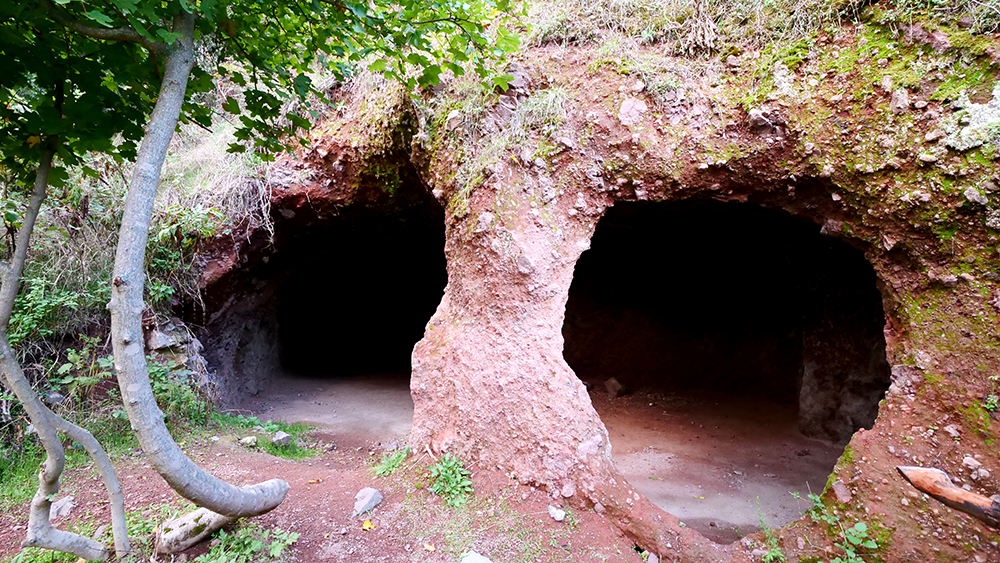
Inside the cross-shaped church is Saint Hripsime’s grave, an elaborate altar, and the original carved door. It’s breathtaking inside and feels positively ancient, and is one of the top historical sites in Armenia for sure.
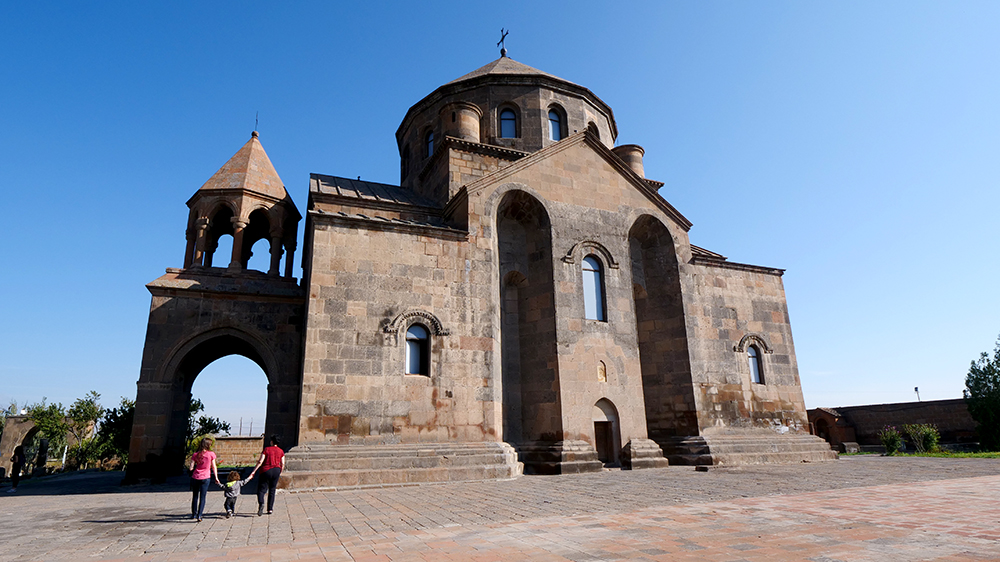
NOTE: If you need to check the visa requirements of a particular country, click here. To apply for a visa, find up-to-date visa information for different countries, and calculate the cost of a particular visa, click here!
Check out the 5 Reasons Why You Must Visit Etchmiadzin, Armenia
Saint Hripsime Church
The monastery also goes by the name Geghardavank, which translates to “Monastery of the Spear.” Legend says the Apostle Jude brought the Spear of Destiny, which pierced Jesus Christ’s side during the Crucifixion, to Geghard Monastery. It is said to have remained there from the 13th to 18th centuries.
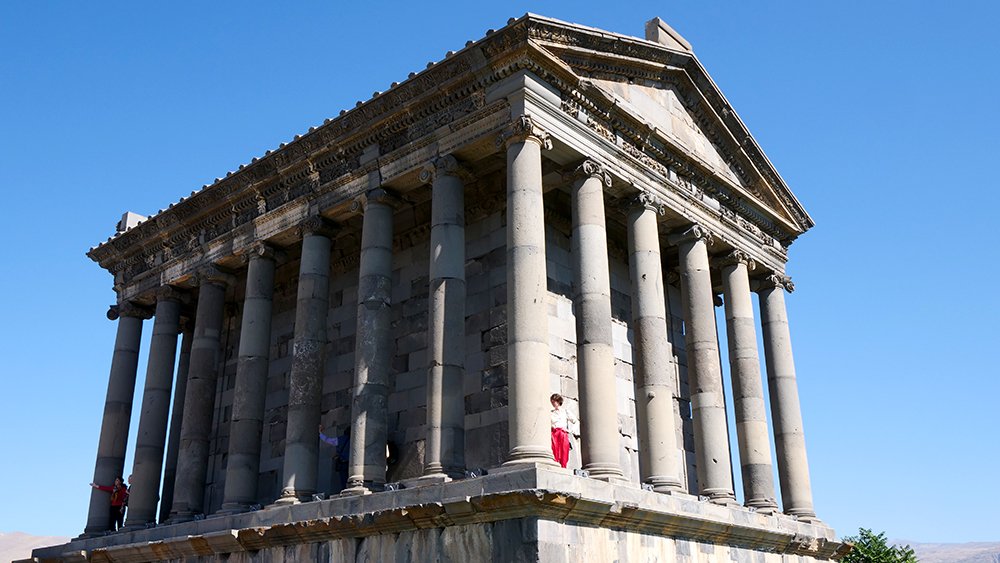
Discovered in 2007, this 6,100-year-old winery contains several chambers. Keep in mind, it is an active archaeological site. Don’t be surprised to see grids laid out and artifacts clearly visible. As you explore the cave, you’ll find treasures like broken pottery and 13th-century tonir ovens. Other items discovered there include coins, tools, clay jars, human skulls, and even the oldest leather shoe ever unearthed! If you love archaeology, this magnificent cave is easily among the top historical sites in Armenia!

Of course, this list of the top historical sites you must visit in Armenia is far from comprehensive. To adequately explore the bulk of the country’s historical marvels, I would recommend at least two weeks. There are dozens of beautiful monasteries, cathedrals, and ancient sites scattered around the country, each with its own unique story and feel. I was in awe at each of them and couldn’t wait to learn as much about them as I could. If you want to do the same, book a trip to Armenia today!
One of the monastery’s most stunning features is the Upper Jhamatun, which is a 13th century rock-cut mausoleum for a family of Armenian nobles. The tomb is located inside the mountain and was carved from a single, massive piece of rock. You also should not miss the cross-shaped Avazan Church, which is located in an ancient cave that’s also home to a holy spring, and the gorgeous paintings in Katoghike Chapel.
Check out the 5 Things You Must Do in Areni, Armenia
Areni-1 Cave Winery
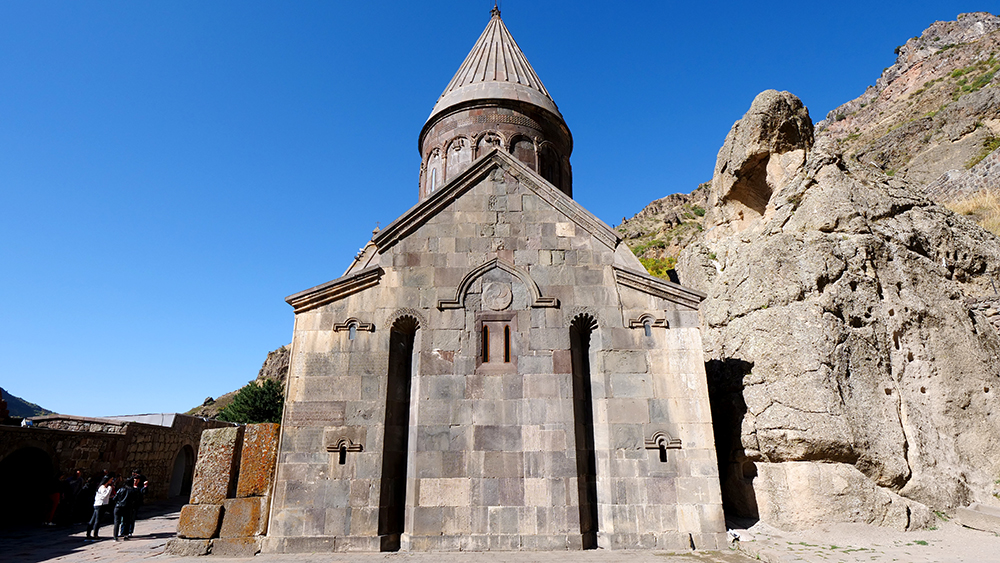
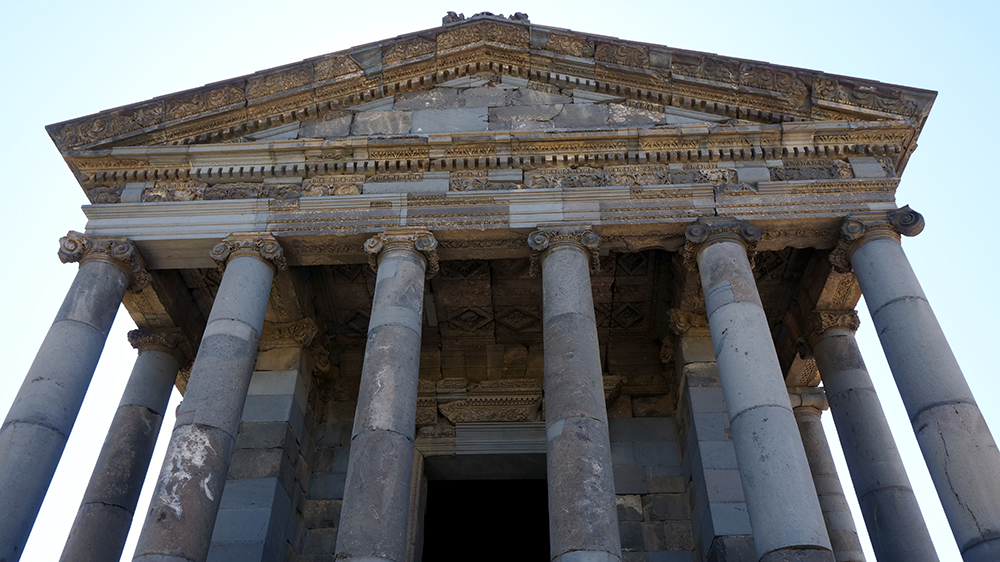
But Armenia’s Christian history is just part of the larger jigsaw puzzle of Armenian history. Before it adopted Christianity as its national religion, Armenia was a pagan nation home to ancient kingdoms like Urartu and the Achaemenid Empire. Later in its history, the Byzantine, Sasanian, Ottoman, Persian, and Russian Empires all ruled the country. That long and varied history has been well-preserved throughout the country over the millennia. These are the top 5 historical sites you must visit in Armenia.
Eleven miles east of Armenia’s bustling capital, Yerevan, is the country’s fourth-largest city, Etchmiadzin. Known as Armenia’s holiest city, it is home to several churches built in the years after Armenia adopted Christianity. One of these is Saint Hripsime Church, one of the oldest surviving Christian churches in the world.
Conclusion
When you visit the town of Tatev, you’ll likely spend some time at the stunning Tatev Monastery high above the Vorotan River. Nearby, roughly 45 minutes from the village of Goris is another fascinating historical location, Old Khndzoresk Cave Village. This unique village’s interconnected network of natural and man-made caves earned it the nickname “Armenia’s Cappadocia.”
It’s worth mentioning that the structure that stands on the site is not the original Temple of Garni. The original collapsed during an earthquake in 1679 but was rebuilt from 1969 to 1975. That said, the temple is notable because it survived the purge to rid Armenia of pagan houses of worship following the country’s conversion from polytheism to Christianity.
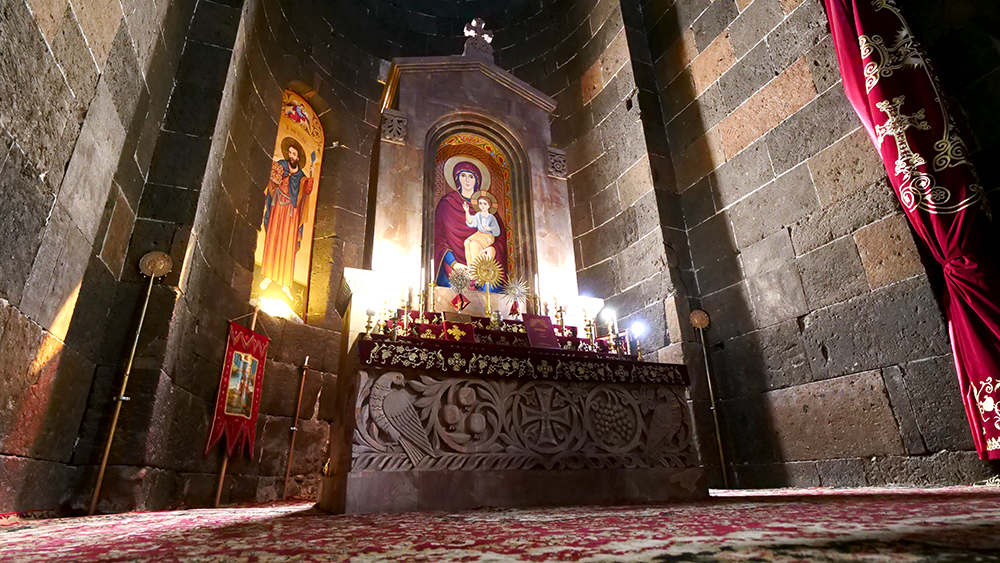
While Armenia is probably best known for its impressive preservation of Christian history, you can find a site that pre-dates it in the village of Garni. In Garni, you’ll find the gorgeous Temple of Garni, which is both pre-Christian and pre-Hellenistic. It’s a pagan temple thought to have been built by King Tiridates I in the 1st century AD. Dedicated to Mihr, the Armenian sun god, it’s considered a symbol of Armenia’s classical past. It’s also the only free-standing colonnaded Greco-Roman structure in the former Soviet Union.
